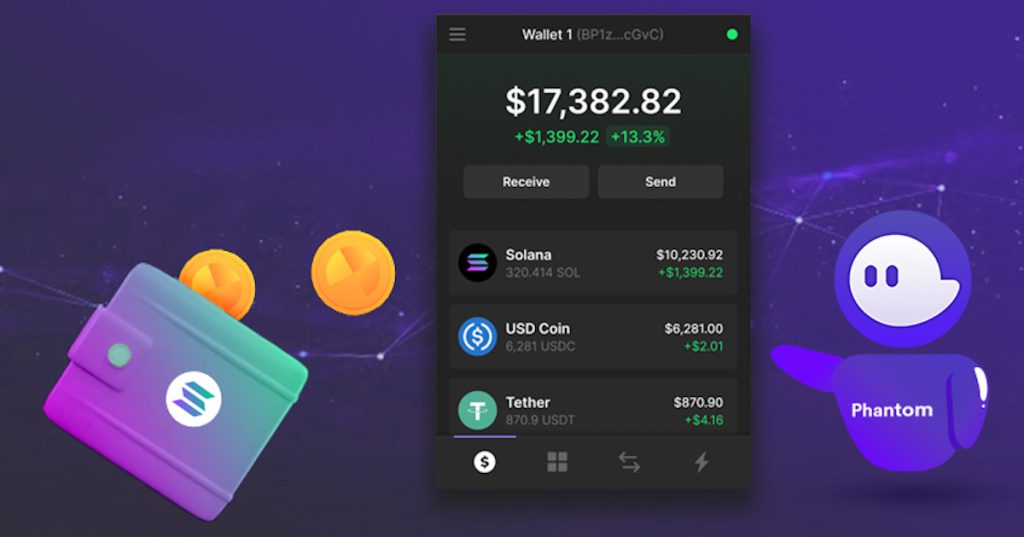Security6 min read
Wallet Security Best Practices
Essential security tips to keep your crypto assets safe.

Introduction to Wallet Security
Securing your crypto wallet is one of the most important aspects of participating in the blockchain ecosystem. Unlike traditional banking, there's no customer service to help recover lost funds or reverse transactions.
Understanding Seed Phrases
Your seed phrase (also called recovery phrase or mnemonic) is the master key to your wallet. Typically 12 or 24 words, it can be used to:
- Recover your wallet if you lose access to your device
- Access your wallet from a different device or application
- Restore your wallet after reinstalling your wallet software
Seed Phrase Security
To protect your seed phrase:
- Write it down on paper (multiple copies) and store in secure locations
- Consider using a metal backup solution for fire/water resistance
- Never store it digitally (no photos, no cloud storage, no password managers)
- Never share it with anyone, including "support staff"
- Be wary of phishing attempts asking for your seed phrase
Wallet Types and Security Considerations
Different wallet types offer different security profiles:
Hardware Wallets
Devices like Ledger or Trezor that keep your private keys offline.
- Highest security for long-term storage
- Private keys never leave the device
- Requires physical confirmation of transactions
Software Wallets
Applications like Phantom that run on your computer or phone.
- More convenient for frequent use
- Security depends on device security
- Use strong passwords and enable biometric authentication if available
Practical Security Measures
- Use a dedicated device for crypto if possible
- Keep your operating system and wallet software updated
- Enable two-factor authentication where available
- Use a strong, unique password for your wallet
- Be cautious of public Wi-Fi when accessing your wallet
- Consider using a VPN for additional privacy
Transaction Security
- Always double-check addresses before sending
- Start with small test transactions when sending to new addresses
- Be wary of clipboard hijacking malware that changes addresses
- Verify smart contract interactions before approving
Recognizing Common Scams
Be alert to these common crypto scams:
- Phishing emails or websites mimicking legitimate services
- Fake customer support representatives on social media
- Giveaway scams promising to double your crypto
- Fake wallet apps in app stores
- Unsolicited airdrops that require you to connect your wallet
Recovery Planning
Prepare for worst-case scenarios:
- Ensure family members know how to access your crypto in case of emergency
- Consider a secure way to share access information with trusted individuals
- Document your holdings and access methods in a secure location

